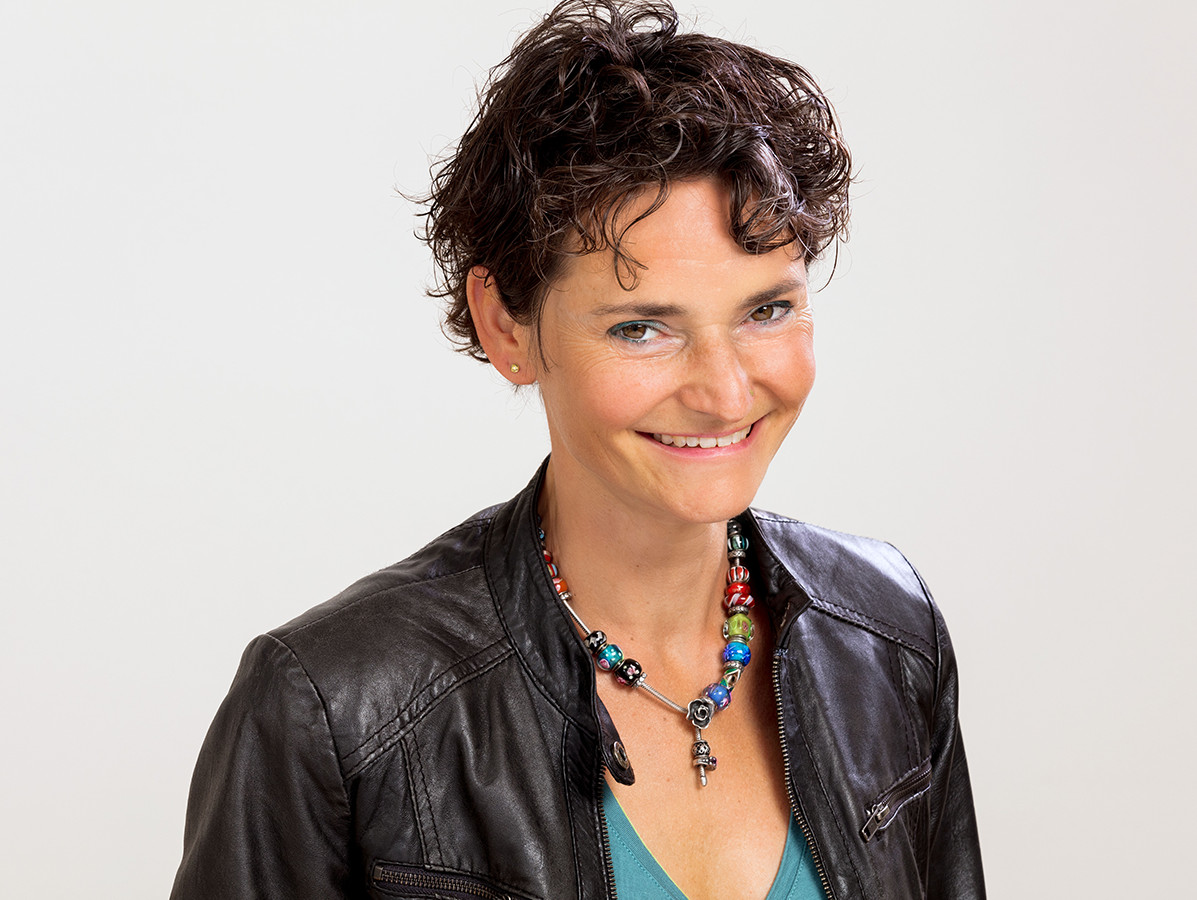
Who doesn't recognise it... that feeling that you are completely humiliated. Discovering halfway through your presentation that you have left your fly open. Quite harmless still. Or that you did click on that link, after which your entire bank account has been drained. The latter happens more often than you think, by the way. Many victims of cybercrime do not report it: out of shame. The victims prefer to remain silent. The same applies to problems in the field of hygiene. Who dares to talk about that freely?
Shame is different from guilt, although they often go together. With guilt you have done something stupid; with shame it is the feeling that you are stupid. Whoever feels guilty, has a greater need to solve the problem. There is movement in this. Whoever is ashamed freezes. You are so ashamed that you could die. Shame leads to silence. And thus to secrets.
For this edition, we asked a number of companies about the biggest blunders of last year in the field of cleaning and disinfection. What went wrong? What was the solution? What did you learn from them? The idea is that by sharing learning experiences with each other, and by warning each other for possible problems, you can prevent someone else from making the same mistake. Just as we warn each other about the ever more clever tricks used by cybercriminals. By telling us that this can happen to anyone, the police hope to overcome the shame.
In response to our call, we received a number of beautiful, appealing and probably for many very recognisable stories. But also rejections: 'nice idea, but we can't take part in this'. It is, of course, quite a step to take; to open up. To admit that you are not so perfect after all. It takes a good dose of courage.
Silence about mistakes made, fear of failure: you don't want that in the workplace! How do you uncover a mistake that has been shamefully swept under the carpet? In the meantime, things are fermenting and brewing under the carpet... before you know it, you have explosive material for a bio-film.
Cleaning protocols and cleaning procedures: you can't do without them, of course. But however strictly you observe your protocol, making mistakes is inevitable and human. So make sure you have a safe and open working culture in which there is room to make mistakes. Then everyone can learn from them.
Judith Witte
[email protected]
Source: Vakblad Voedingsindustrie 2021